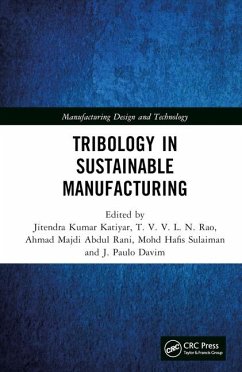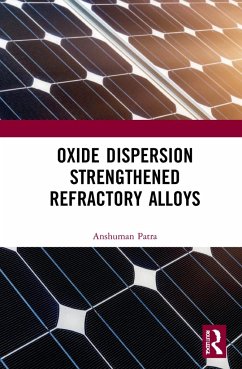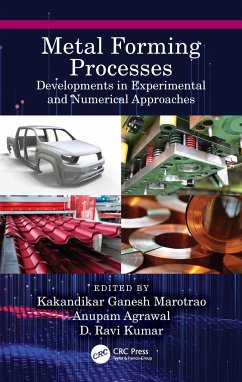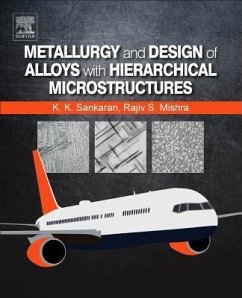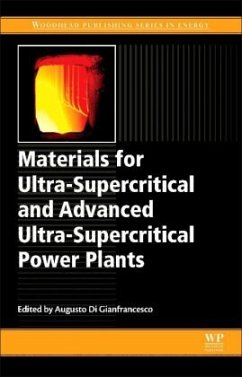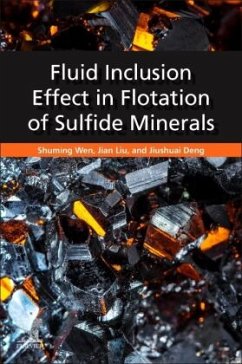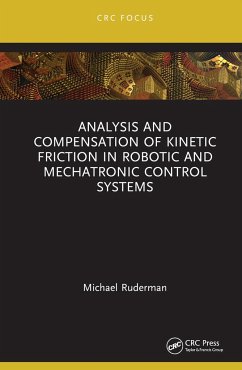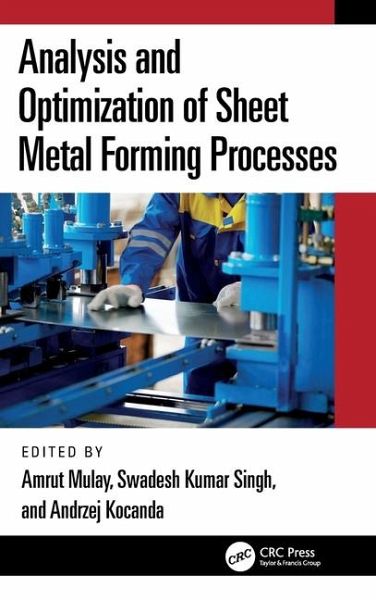
Analysis and Optimization of Sheet Metal Forming Processes
Versandkostenfrei!
Versandfertig in 6-10 Tagen
117,99 €
inkl. MwSt.
Weitere Ausgaben:

PAYBACK Punkte
59 °P sammeln!
Analysis and Optimization of Sheet Metal Forming Processes comprehensively covers sheet metal forming, from choosing materials, tools and the forming method to optimising the entire process through finite element analysis and computer-aided engineering.Beginning with an introduction to sheet metal forming, the book provides a guide to the various techniques used within the industry. It provides a discussion of sheet metal properties relevant to forming processes, such as ductility, formability, and strength, and analyses how materials should be selected with factors including material properti...
Analysis and Optimization of Sheet Metal Forming Processes comprehensively covers sheet metal forming, from choosing materials, tools and the forming method to optimising the entire process through finite element analysis and computer-aided engineering.
Beginning with an introduction to sheet metal forming, the book provides a guide to the various techniques used within the industry. It provides a discussion of sheet metal properties relevant to forming processes, such as ductility, formability, and strength, and analyses how materials should be selected with factors including material properties, cost, and availability. Forming processes including shearing, bending, deep drawing, and stamping are also discussed, along with tools such as dies, punches, and moulds. Simulation and modelling are key to optimising the sheet metal forming process, including finite element analysis and computer-aided engineering. Other topics included are quality control, design, industry applications, and future trends.
The book will be of interest to students and professionals working in the field of sheet metal and metal forming, materials science, mechanical engineering, and metallurgy.
Beginning with an introduction to sheet metal forming, the book provides a guide to the various techniques used within the industry. It provides a discussion of sheet metal properties relevant to forming processes, such as ductility, formability, and strength, and analyses how materials should be selected with factors including material properties, cost, and availability. Forming processes including shearing, bending, deep drawing, and stamping are also discussed, along with tools such as dies, punches, and moulds. Simulation and modelling are key to optimising the sheet metal forming process, including finite element analysis and computer-aided engineering. Other topics included are quality control, design, industry applications, and future trends.
The book will be of interest to students and professionals working in the field of sheet metal and metal forming, materials science, mechanical engineering, and metallurgy.





